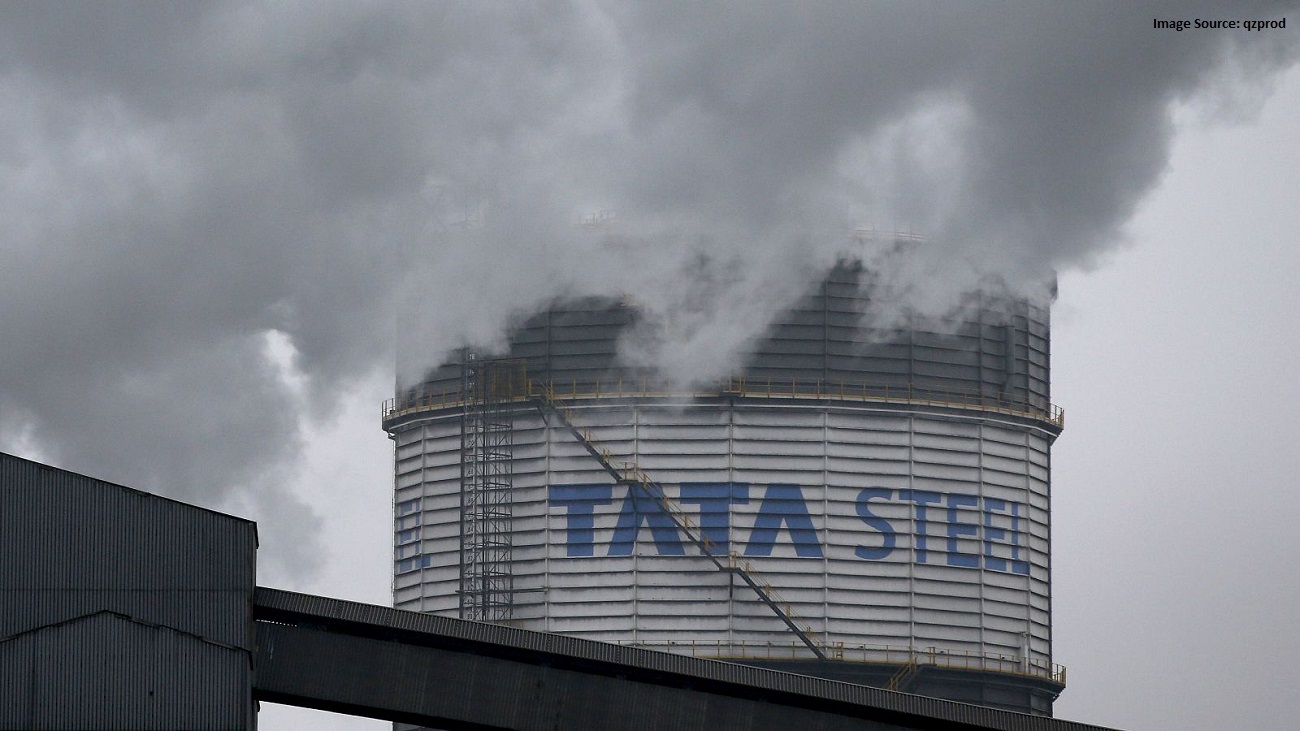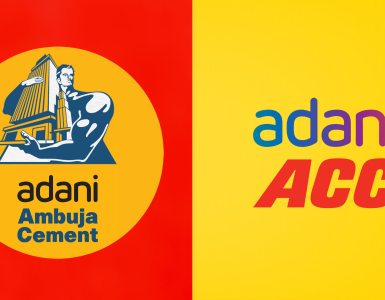Tata Group’s flagship company Tata Steel has decided a $1.6-billion goodwill impairment charge, or write-off, for the loss of value of Tata Steel Europe (TSE), formerly Corus, and other overseas assets in Thailand and South Africa on the back of a major slump in consumer demand across major overseas markets, particularly Europe because of the slowdown in economic activities.
WRITE-OFF:
Goodwill is the excess paid for an asset over its book value. Writing it down is a mere accounting adjustment in the books. The lag between error and admission seems to be about five years and the delay was irrelevant, especially for a non-cash write-down. In the boom years of 2004-07 takeovers were at a peak, and write-offs were minimal at about $30 billion a year. Impairments surged to $150 billion in 2012, according to Bloomberg data.
However, tardiness does not mean that goodwill impairments are meaningless. In fact, they can reveal a lot about the internal business dynamics of firms and their battles over strategy. There are plenty of global examples to take a lesson.
Hewlett Packard’s $18-billion write-off in 2012 was a repudiation of a decade of mistakes, including the 2011 takeover of Autonomy, a software firm, but also of Compaq, a rival hardware maker, way back in 2002. Rio Tinto, a mining giant, booked a $14 billion write-off in January, mainly because of its acquired aluminum business. At the same time, it’s “deeply disappointed” chairman removed the chief executive, Tom Albanese. His successor was to take a more cautious approach.
On May 13, Tata Steel announced impairment, mainly of its takeover of Corus, a British steelmaker. The deal happened six years ago. It has been clear for at least four years that it has been a financial disaster. So, what took the company so long to take the decision of the write-off?
What does Tata’s write-off actually signify? Ratan Tata, the patriarch of the Tata group, retired as chairman of Tata Steel on December 28, 2012. Until he left it was probably impossible to recognise that Corus, his biggest deal, was a flop. His successor, Cyrus Mistry, has several underperforming businesses to deal with. Yet he opted for a small write-off. Corus, analysts estimate, is worth a third or less of the $13 billion Tata paid for it, meaning the impairment should be much larger. So, this is no cathartic moment, of the kind that Hewlett Packard and Rio Tinto sought. Instead of admitting defeat, Mr. Mistry probably hopes to sell all or part-off Corus, or allow it partially to default on its debts (which are ring-fenced and not guaranteed by the Tata group). To be sure, too big a write-off will suggest he would accept a low price, or cede control of Corus to the banks.
The company recognised a non-cash write-down of goodwill and assets in the consolidated financial results in Q4FY15 of Rs 4,951 crore, mainly relating to the Long Products UK business in Tata Steel Europe which is now fully impaired. The impairment included a write-down of investments in overseas raw materials projects in Mozambique and Ivory Coast and the Taconite project in Canada as the economic viability of these projects remains uncertain because of the slump in global commodity prices for over a year.
Additionally, the company undertook a non cash impairment charge of Rs 1,577 crore in the first quarter of FY15 related to its investment in the Mozambique Coal Project. The total impairment charge for FY15 is Rs 6,391 crore in the consolidated financial results.
WHAT DOES IT SIGNIFY?
- The impairment is primarily due to a weaker macroeconomic and market environment in Europe where steel demand has fallen by 8% in 2012-13, which in aggregate results is almost 30% since the beginning of the global financial crises in 2007. The prevailing slump is expected to continue over the near and medium term and has led to the downward revision of cash flow expectations underlying the valuation of the European business.
- The move was widely seen as a precursor to a much larger write-off in Europe. A goodwill loss occurs when the purchase price is higher than the net asset value of the acquired entity. The company’s move is not just a financial decision but a strategic and managerial one enabling Tata Son’s Chairman Cyrus Mistry to sell some of Corus assets.
- Ideally, they should write-off the entire amount in one shot. The goodwill is bloating the balance sheet. Tata Steel may want a break from the past and give a clean slate to the new managing director.
- A write-off will also make it easier to sell assets now, but will make further reinvestments in Europe that much more difficult to justify.
- While the possibility of a write-off was being considered for quite some time, the immediate trigger for the decision may have been its plans to revive its US dollar bond issuance. It raised S$300 million (Rs 1,300 crore) through an international bond offering at a coupon rate of 4.95%. However, the Singapore fundraising was not the original plan. For the US dollar bonds, the company had shortlisted a consortium of six banks Standard Chartered, Deutsche Bank, BNP Paribas, Citi, RBS and HSBC for the offering under a section of the securities code known as ‘Rule 144A/ RegS bonds’ that refers to sale to institutional investors. The exercise was codenamed ‘Project Abja.’ Abja in Sanskrit means billion. Abja Investments is also a Singapore-based wholly owned arm of Tata Steel, through which the recent bond offering its first foreign fundraising in three years was launched in the US market.
- The banks had provided a backstop for the 10-year bond issue at 5.375%. The term backstop means a hard underwriting by which banks agree to make up the shortfall if there is a lack of demand for the corporate paper at that specified price. But eventually, the plans to tap the US market did not fructify as the bank’s legal advisors Cleary Gottlieb Steen & Hamilton (CGSH) expressed reservations and offered to promise only a qualified opinion on the issuance, according to sources. In the past, the law firm has worked with the Tata Group on several corporate assignments. There was a difference of opinion between the company’s management and the law firm over two main issues: a potential impairment charge for Tata Steel Europe and a possible disinvestment of some of its units, the official added. While the lawyers wanted an explicit disclosure in the offer document, the management is believed to have had some reservations. The issue of the impending impairment is believed to have cropped up when Tata Steel shared a report with CGSH as part of the legal diligence for the proposed issuance. The report by Tata Steel’s auditor, Deloitte Haskins and Sells, referred to the goodwill write-off as a discussion item under review.
The announcement of write-off essentially means that the net worth has gone down on the liabilities side and accordingly goodwill has got reduced so the only impact would be on reducing the size of the balance sheet of Tata Steel. This goodwill write-off is a non-cash item and basically, an accounting entry which will not impact the company operationally or its balance sheet. It is more of a revaluation of the goodwill, although the move highlights the continued poor performance of its European unit.




